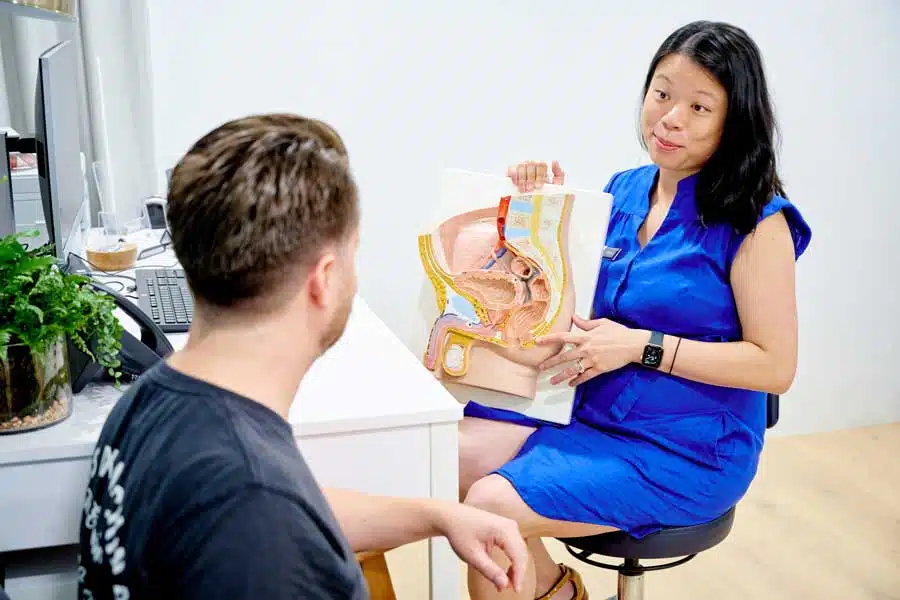Baby development in the first 12 months is amazing because so much happens. Most healthy babies develop new skills in a completely natural way. Babies all grow and develop at very different rates – and they don’t always do what the parenting textbooks or Google say they will be doing!

Baby Developmental Milestones
Developmental achievements are called ‘milestones’. Growth and developmental milestones is a useful guide for tracking your baby’s development.
Developmental milestones are the essential abilities such as moving, seeing, hearing, communicating and interacting with other people that babies learn as they begin to engage with the world. Babies typically meet different milestones at different ages.
They don’t always do what the parenting textbooks or Google say they will be doing!
Developmental milestones are grouped under headings according to the parts of the body they refer to. When you take your baby to a child and maternal health nurse, or to your doctor, they will check your baby is reaching some of the following types of milestone:
- Large body movements (gross motor skills) involve the coordination and control of large muscles, and skills like walking, sitting and running.
- Small body movements (fine motor skills) involve the coordination and control of small muscles, and skills like holding a rattle and picking up food.
- Vision is the ability to see near and far and to understand what you see.
- Hearing is the ability to hear, listen to and interpret sounds.
- Speech and language is the ability to produce and understand sounds that form words.
- Social behaviour and understanding is the ability to learn and interact with others. It includes skills for play and connecting and communicating.
Developmental Delay
Some babies have delays in their development, but it’s hard to predict whether these delays are short term or permanent. Permanent delays don’t happen often.
Every baby develops differently, and there’s a big range of “normal”. All babies reach their milestones at different times. Try not to compare your baby with others, because this can lead you to worry when you don’t need to. But as a general guide, if you’re seeing delays in a few different areas over several months, it’s a good idea to seek advice from a health professional.

